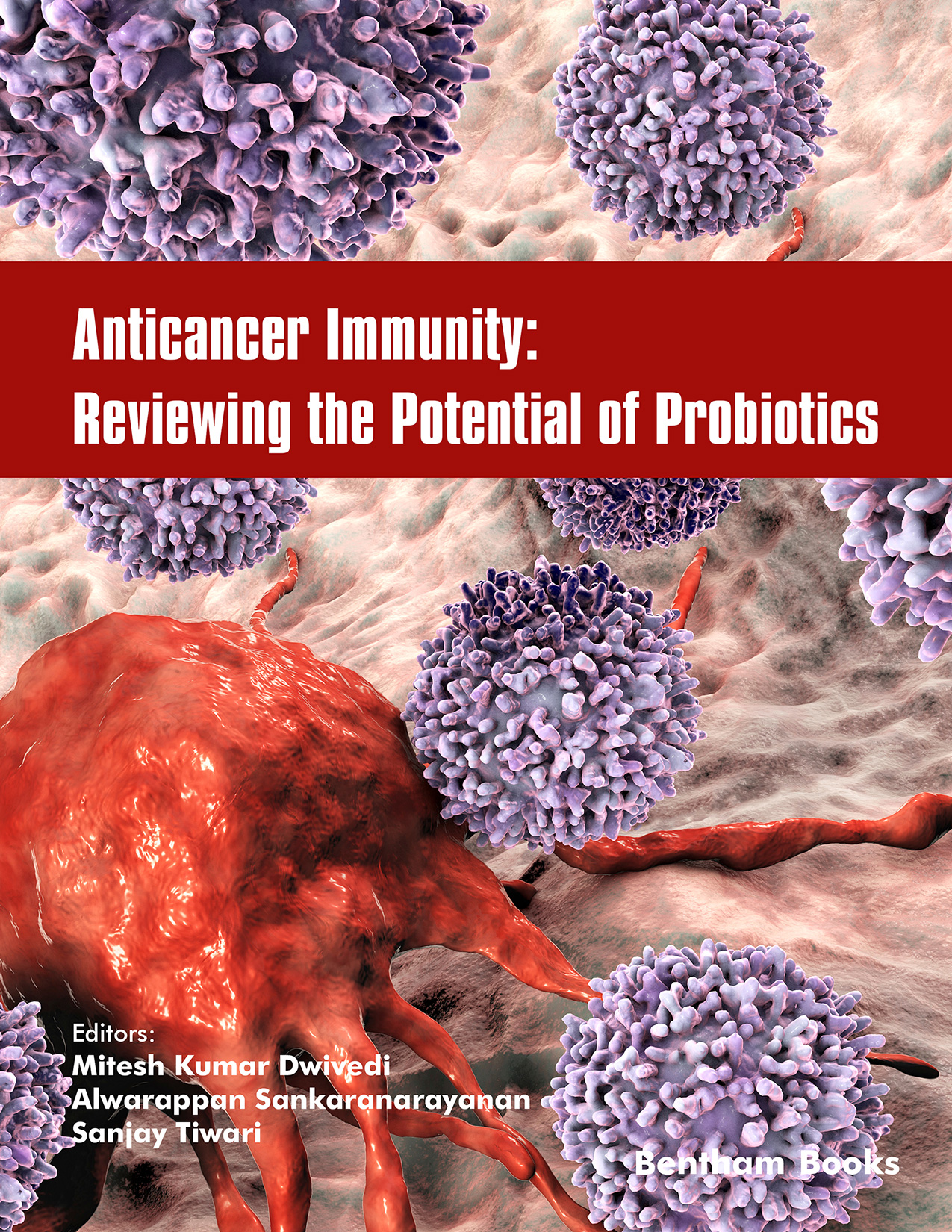Introduction
Probiotics have been suggested to be involved in both prevention and treatment of various human cancers. Anticancer Immunity: Reviewing the Potential of Probiotics explains biochemical mechanisms of anticancer immunity exerted by probiotics in various human cancers. It presents edited chapters focused on the evidence of probiotic use against human cancers through several animal and human studies.
This volume consists of 11 chapters. The volume continues from the previous entry with chapters focused on probiotics’ anticancer immunity in specific cancers such as, bladder cancer, renal cell carcinoma, prostate cancer, lymphomas, pancreatic cancer, oral cancer and oropharyngeal cancers. The book concludes with chapters that inform readers about the value of prebiotics, postbiotics and postbiotics in cancer therapy as adjuvants and immunotherapeutic agents.
Key features
- Gives a new dimension and insight in the role of probiotics in anticancer immunity towards various human cancers
- Provides several color figures and tables to clearly explain relevant information.
- Includes recent information with new insights and references
- Meets the needs of basic (pre-clinical) and advanced clinical researchers and postgraduate scholars
Audience
Researchers in immunology, biochemistry, oncology, molecular biology; cancer immunotherapy specialists

